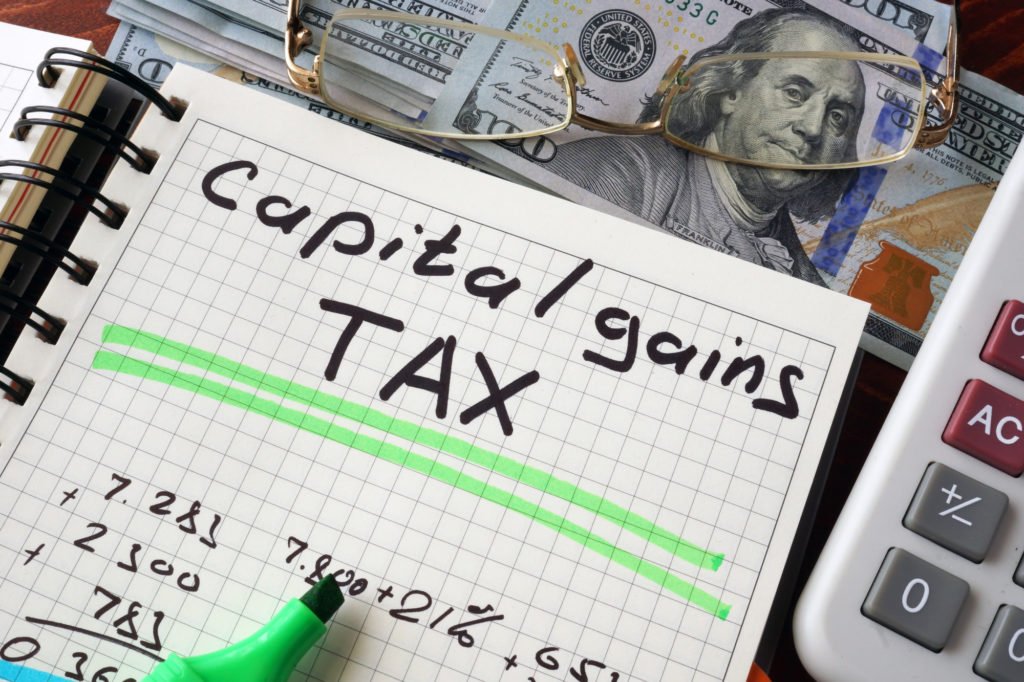
Paying capital gains tax can be the worst part of selling your UK home.
At first, you’re excited to see how much you earned from your investment. But then, sticker shock sinks in when you see how much of it you owe the government.
Just how much will you have to pay in capital gains tax? The answer depends on several factors, including how long you lived in the home and how much profit you made.
The good news is that you can usually reduce your tax liability. Here’s a quick overview on how to keep more of your home sale profit in your pocket:
What Is Capital Gains Tax?
In the UK, capital gains tax refers to the portion of the profit you earn when you sell a property that isn’t your primary residence.
Second homes, buy-to-let properties, inherited properties, and land all fall under the capital gains tax.
The tax is payable the moment the property is sold. However, you have until January 31st of the following tax year to make the payment.
Will My Capital Gains Be Taxed?
The amount you pay in capital gains tax depends on two things:
The first is the profit you make on the sale of the property. For example, if you sell a property for less than what you paid for it, you shouldn’t have any tax liability.
The second is the tax rate itself. Your personal income combined with your taxable gains will determine the income tax band you’ll fall into for the tax year in which you made the sale.
To determine your taxable amount, you’ll first need to figure out your total profit,
For example, if you bought a property for £100,000 and sold it for £200,000, your capital gain is £100,000.
This site provides more resources for real estate investing and finding savvy deals to start with.
How to Reduce Taxable Capital Gains
In some cases, you can reduce or eliminate your capital gains tax liability.
For starters, you can take advantage of the capital gains tax allowance on property, which is £12,000. This means the first £12,000 of your profit is not subject to tax.
Also, consider any additional deductions to reduce your tax liability. Real estate agent fees, solicitors’ fees, stamp duty, property improvement costs, and other costs associated with buying or selling can drastically lower the cost.
Note that you cannot deduct costs related to maintenance or mortgage interest.
Let’s use the previous example to see how the deductions stack up:
You made a profit of £100,000. Subtracting the £12,000 tax allowance, you now have a net profit of £88,000.
Now, let’s say you paid the average of 1.42% to your estate agent, which gives you $1,420 more in tax deductions.
The solicitor’s fee, assessor’s fee, and energy performance certificate may give you an extra £1,200 in deductions. If you paid about 10% in repairs and upgrades, that allows you to deduct £20,000.
Your tax liability is now at £65,380 instead of £100,000. You’ll add £65,380 to your personal income for that tax year to determine the capital gains tax rate, which ranges from 0% to 28%.
If your sale resulted in a net loss, you won’t have to pay any capital gains tax.
Bottom Line: Pay Attention to Deductions
Your deductions can help you reduce your capital gains tax, or avoid paying it altogether.
Keep receipts and track your expenses to ensure you don’t miss a single opportunity. Every dollar helps.
For more tips and insights, keep browsing our blog.
Leave a reply